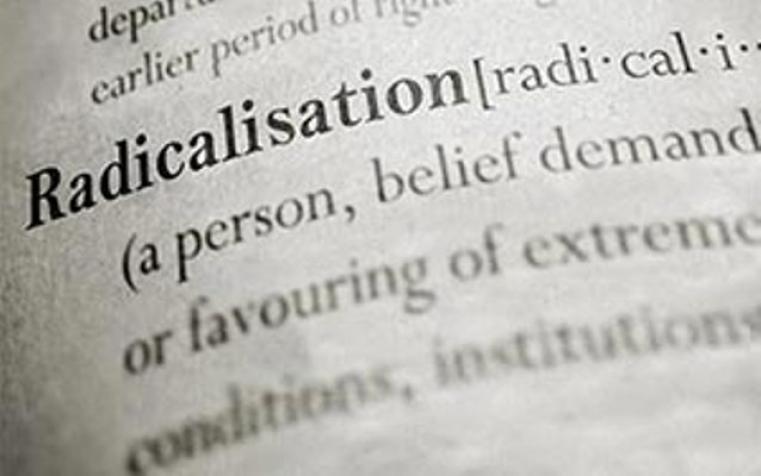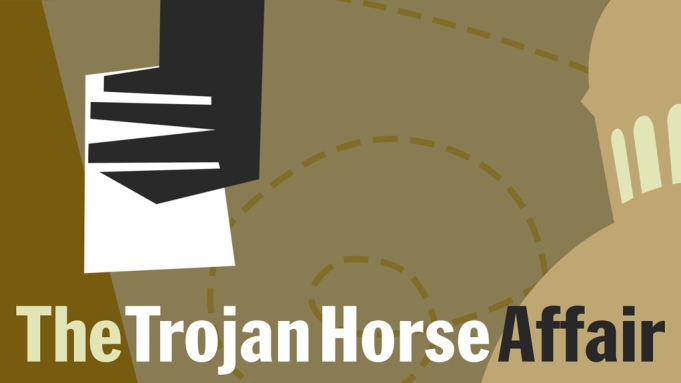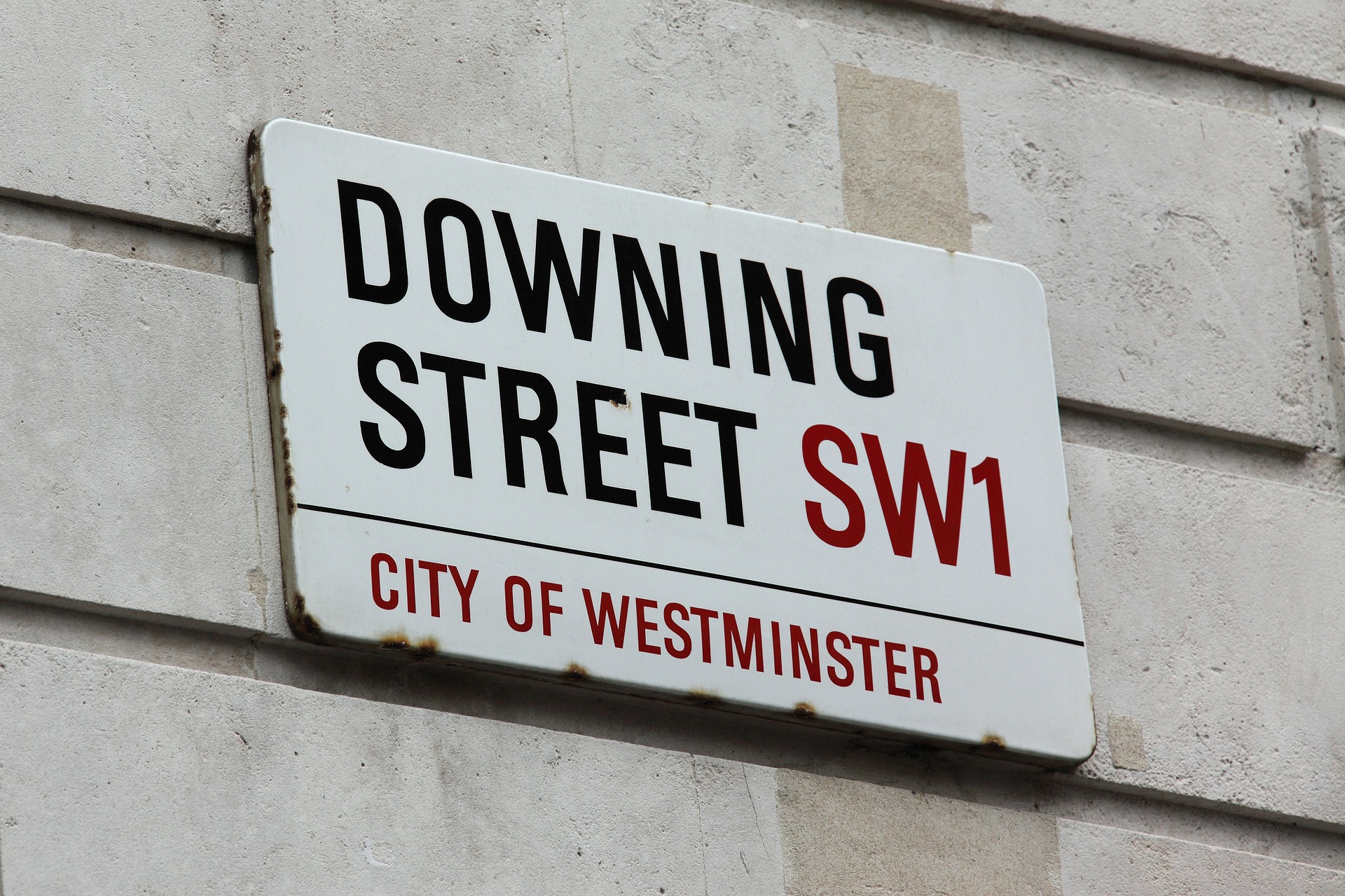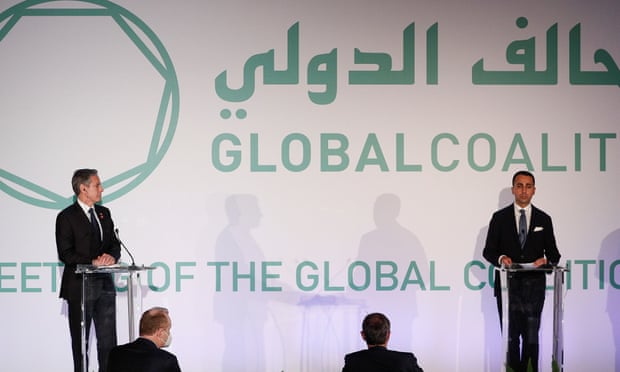Many intelligence officials in Germany are baffled by the political response to the Salafist movement. As far as they are concerned, there is too much populism, not enough strategic thinking, and ineffective communication to boot. Albrecht Metzger reports.
At 6 a.m. on 14 June, a hundred-strong police unit advanced on the Millatu Ibrahim Mosque in Solingen and cleared the house of worship. Just a few hours later, Interior Minister Hans-Peter Friedrich announced a ban on the eponymous association, whose members had expressed open allegiance to al-Qaeda, and had its Internet site removed from the web.
Abu Usama al-Gharib, who until a few months ago was a preacher at the mosque and is now thought to be in Egypt, posted an immediate reaction on his blog: “Until you believe in Allah alone there will clearly only be ENMITY AND HATRED FOREVER between you and us. You can’t ban Millatu Ibrahim. Because we carry Millatu Ibrahim in our hearts. Victory or martyrdom.”
The Islamic extremists have since fallen silent. But for how long? “The confrontation with Salafism has only just begun,” says Guido Steinberg, a specialist in terrorism at the German Institute for International and Security Affairs (SWP) in Berlin. “Millatu Ibrahim has openly issued propaganda for al-Qaeda. Dealing with the Salafists who advocate jihad but don’t express this publicly is much more difficult.”






